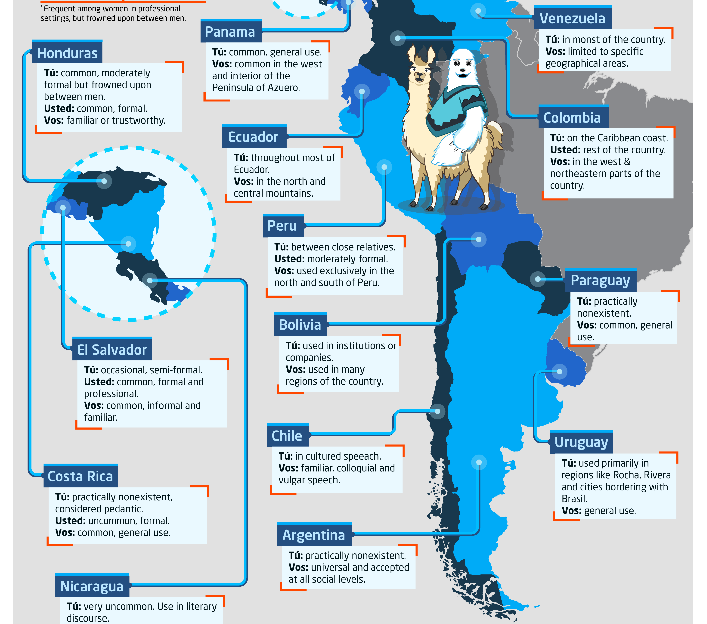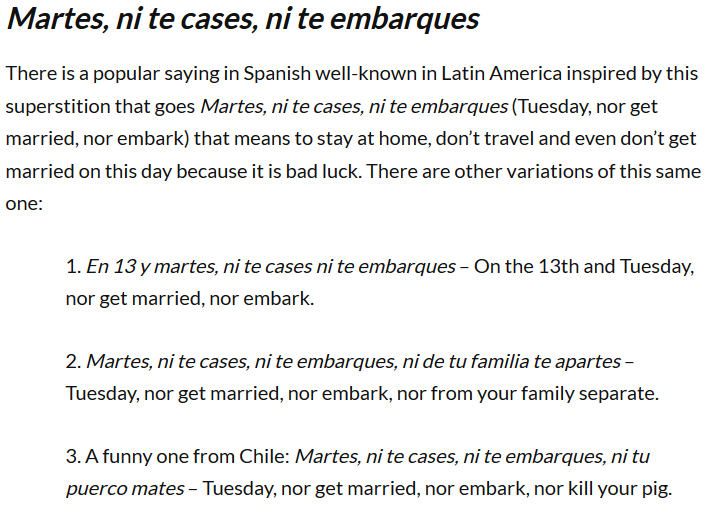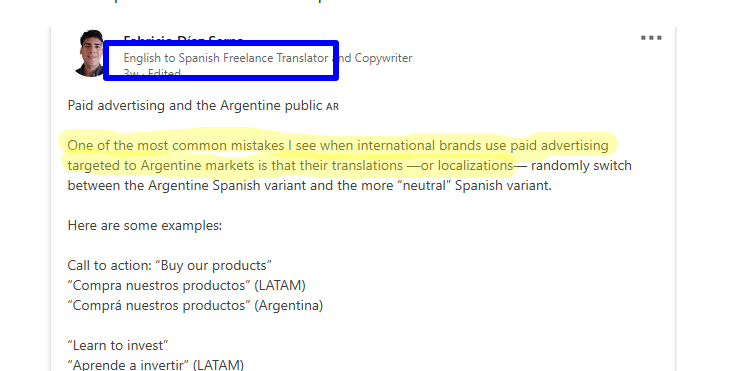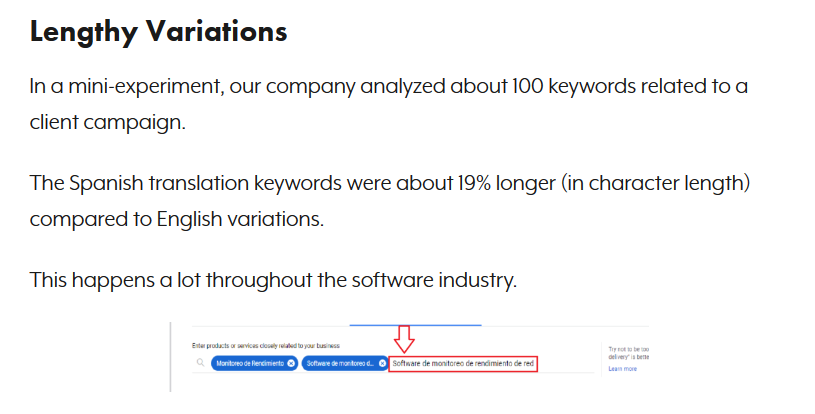Translation vs Localization in Hispanic Marketing
Translation vs Localization in Hispanic Marketing
For some clients, Spanish SEO and content marketing start with an initial interest in translation. We quickly address translation vs localization.
Translation vs Localization
Translation seeks to relay messages from one language to another.
Localization leverages adaptation to maintain the integrity of an original message while accounting for nuances and differences within a language and culture.
Since effective Spanish marketing requires an understanding of individual regions, knowing the difference between translation vs localization is essential.
The Cost of Spanish Translation
Translation is a literal, word-for-word process, much like using Google Translate. This may be efficient for brief conversations or short blocks of text.
However, Spanish is complex. Consider all the Spanish variations for “you” and “your.”

What’s the big deal in worrying about a word like “your,” right? Wrong.
WordStream analyzed over 600 high-performing Google Ads. What were the most-popular words used in those ads?

Spanish translation is too simple a procedure for effective Hispanic marketing. A reason why there’s no question what’s preferred by marketers when it comes to translation vs localization.
Further Reading:
How to Use tú, usted and vos in Spanish
What is Localization?
Localization does more in capturing the essence of a message and tailoring the words to achieve the same effect in another language.
Spanish localization takes this process a step further. Spanish localization helps brands market to Hispanics who share a language but use it differently due to local customs and geographic distances.
Imagine telling a joke in another language; a literal translation of words may not get the intended response. Getting a laugh requires tactful timing, delivery, and awareness.
Spanish Localization and Adaptation
Translation literature mentions the notion of adaptation or adapting products and services for a particular market. Spanish adaptation seeks to offer products and services in such a way as to maintain brand messaging while remaining agile in tailoring ads to resonate with natives of a particular country or region.
Consider the following example. Ralph Lauren offers “jerseys,” a word commonly found in English fashion. However, the Spanish translation is defunct in Mexico since natives don’t use or recognize such a term.

Clearly, there is opportunity for Ralph Lauren to engineer its Spanish website to better target regions or localities of Spanish speakers.
Further Reading:
Developing a Hispanic Marketing Strategy for Luxury Brands
Lost in Translation
Localization denotes a greater awareness as compared to translation. Consider the infamy that surrounds “Friday the 13th.” The date connotes evil and bad luck.
This *concept is understood by Hispanics but the day differs. For Spanish speakers, Tuedsay the 13th or “Martes 13” engenders the same connotations of America’s Friday the 13th.

A Friday the 13th reference isn’t lost on Hispanics but invoking “Martes 13” does better in resonating with Hispanic markets, making consumers feel as if brands put effort forth in truly understanding its consumers.
Localization ensures that a brand’s paid efforts get the best ROI. Imagine targeting consumers who subsequently feel alienated by your ads!

Translation vs Localization: Attention to Detail
Attention to detail is a huge difference between translation and localization. Let’s consider PPC or pay-per-click advertising. Brands pay per click. Therefore, every detail of associated ads commands attention.
When working on an English-to-Spanish PPC campaign, our experts found many terms leveraged in the English campaign were ineffective in targeting Hispanics. One of our software keyword campaigns had 600 keywords. Only 7% of the original English keywords had an equivalent keyword in Spanish!
Further Reading:
English-to-Spanish PPC Strategies
Furthermore, romance languages, like French and Spanish, usually necessitate more words to convey meaning. In terms of PPC ads and web pages, that means more character space.
As featured in our Spanish PPC post at Search Engine Land, some English-to-Spanish translations get considerably long.

Localization attends to the details that translation does not. Successful online marketing demands more layers of awareness and cultural understanding.
Beyond Translation vs Localization
Clients come to understand it’s not a matter of translation vs localization. Translation helps in communicating a message but the process is limited. Localization is a step present in a broader process called transcreation.
Further Reading:
Spanish Translation vs Transcreation
Let’s talk about localization and how it works in creating successful Spanish SEO and content marketing campaigns. We’re expert digital marketers who speak and live the Hispanic culture.





